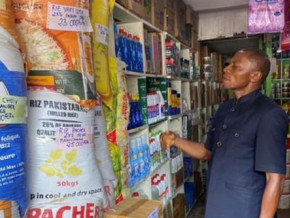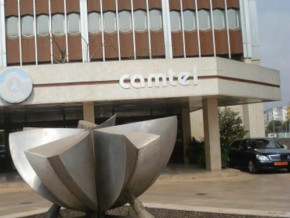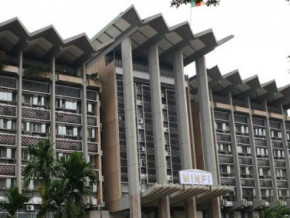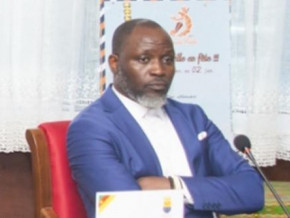
Cameroon : Over 500,000 jobs created in the modern sector in 2019 (Paul Biya)
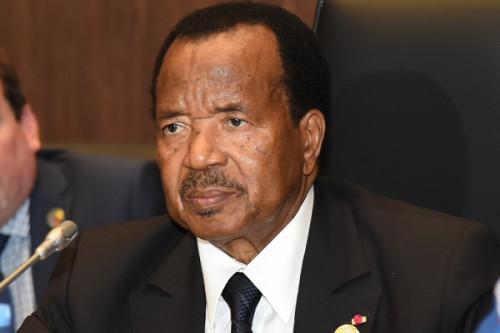
(Business in Cameroon) - Last year, “slightly over 500 000 jobs were created” in the modern sector of the economy in Cameroon. This was revealed by President Paul Biya, on February 10, during his address to the youth in the framework of the National Youth Day celebrated the following day.
In his address, the Head of State did not give details about the sectors where the jobs he mentioned were created. It is also not known whether it is the number of net jobs.
“It must be acknowledged that though laudable, such efforts are unlikely to resolve a problem stemming from the fact that our economy does not generate enough jobs,” Paul Biya said.
According to the president, well-educated and well-trained young people in Cameroon naturally have the best chance to be responsible citizens and to get jobs. However, he said, finding employment remains a concern since there is currently a mismatch between employment demand and supply
To bridge this gap, “the Government and the Ministry of Employment and Vocational Training are making every effort to provide solutions to this problem. The former through its recruitment into the public service and the army, and the latter through the implementation of various employment assistance programmes,” said the president.
He added that the country’s development policy is aimed at modernizing agriculture, stimulating industrialization by notably transforming agricultural and mineral raw materials, and developing digital technology. These actions will help reduce imports, increase exports and “create new employment areas,” he indicated.
In addition, he said, the Ministry of Youth and Civic Education will continue its activities for the benefit of young people in the areas of civic education and national integration. The ministry will also continue actions for youths’ economic integration and the implementation of the Special Three-Year Youth Plan (PTS-youth).
An initiative in the framework of the PTS-youth is the “Youth Connekt Cameroon” launched recently in Yaoundé.
The PTS-youth was prescribed by President Paul Biya in February 2016. Dotted with a budget of XAF102 billion, it is aimed at facilitating and accelerating the economic integration of 1,500 young people in four key areas namely, agriculture, digital economy, industry, and innovation.
In 2019, more than 780,000 young people were registered with the National Youth Observatory. 51.06% of them are applying for funding for their self-employment or business projects. Approximately 2,000 registered young people are from the diaspora and nearly 22,000 of the registered have been referred to various funding and support windows.
S.A.
Mags frontpage
- Most read 7 days
- shared 1 month
- read 1 month

























